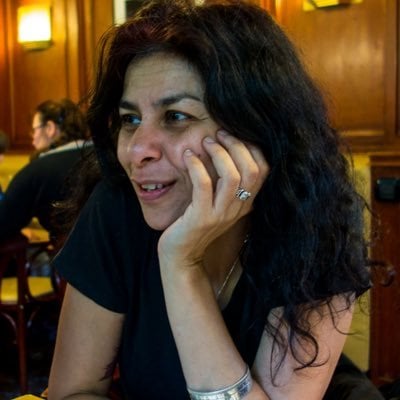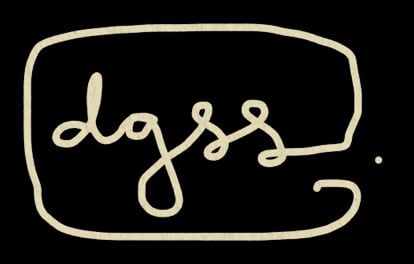Carolyn D’Cruz (La Trobe) presented the ‘First Friday’ seminar on How (Not) to Talk about Identity Politics at Deakin Downtown on 5 April 2019.

Carol D’Cruz’s lecture on How (Not) to Talk About Identity Politics can be listened to here.
Note: due to a recording glich, Carol D’Cruz’s acknowledgement of country appears only partially here.
How (Not) to Talk about Identity Politics
Public debates are bad at dealing with moral uncertainty and complication in argument. By their very nature, debates need two opposing sides, and arguments are built by demolishing the grounds and claims of the adversaries’ position. When moral and political issues get caught in a public debate—especially those that work to the rhythm of tabloid sensationalism of a 24/7 work clock or indeed a tweet—positions get calcified and the drive to measure public opinion gets wedged into extremes. This happens constantly with issues that fall into the realm of identity politics. Opinion polls ask whether wearing the burqa in public should be banned; if immigration and refugee intake should be halted; if trans folk should be allowed to use their preferred bathroom; if bakeries should be required to make a wedding cake for same-sex couples; and whether historic monuments ought to be demolished, to name a few debates. This paper argues these are the wrong questions and that identity politics running through these debates matter, but not in the way most right, left and moderate commentators think. Rather than adopting for or against positions on matters regarding identity politics, this paper works with unsettling pre-set political position taking so that the terms of debate can be re-framed in an anti-programmatic way.
About the Speaker
About the Series
Deakin University Gender and Sexuality Studies holds a public monthly seminar series on the first Friday of each month at Deakin Downtown in Melbourne’s CBD.
Find out more and register for future seminars.
Monthly postgraduate workshops are also open to Deakin University students.




